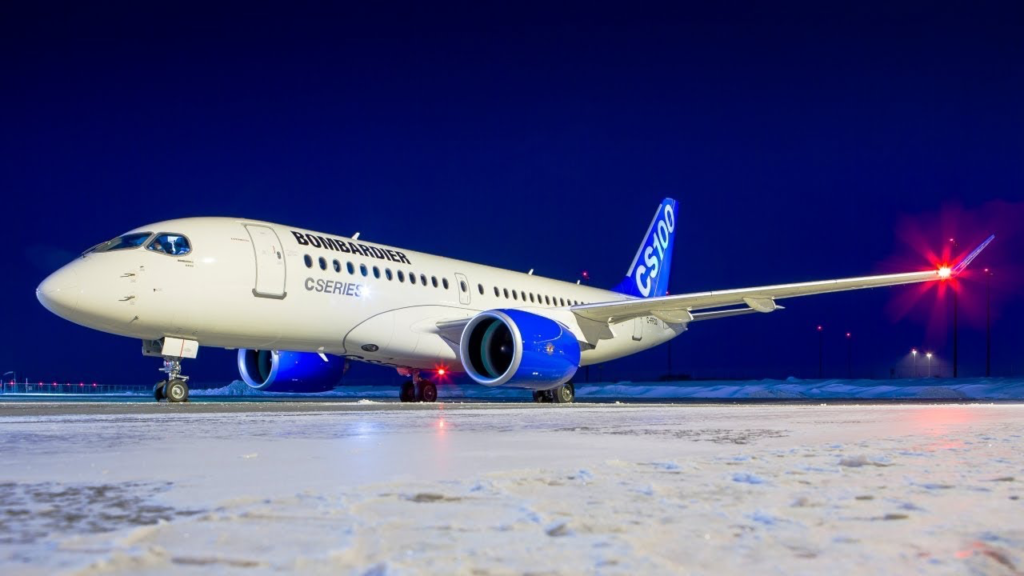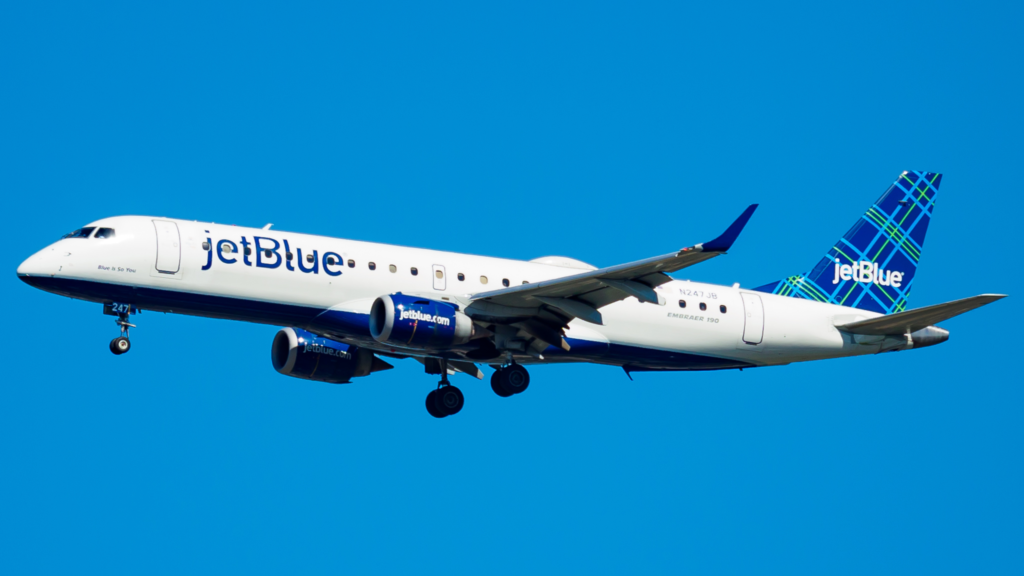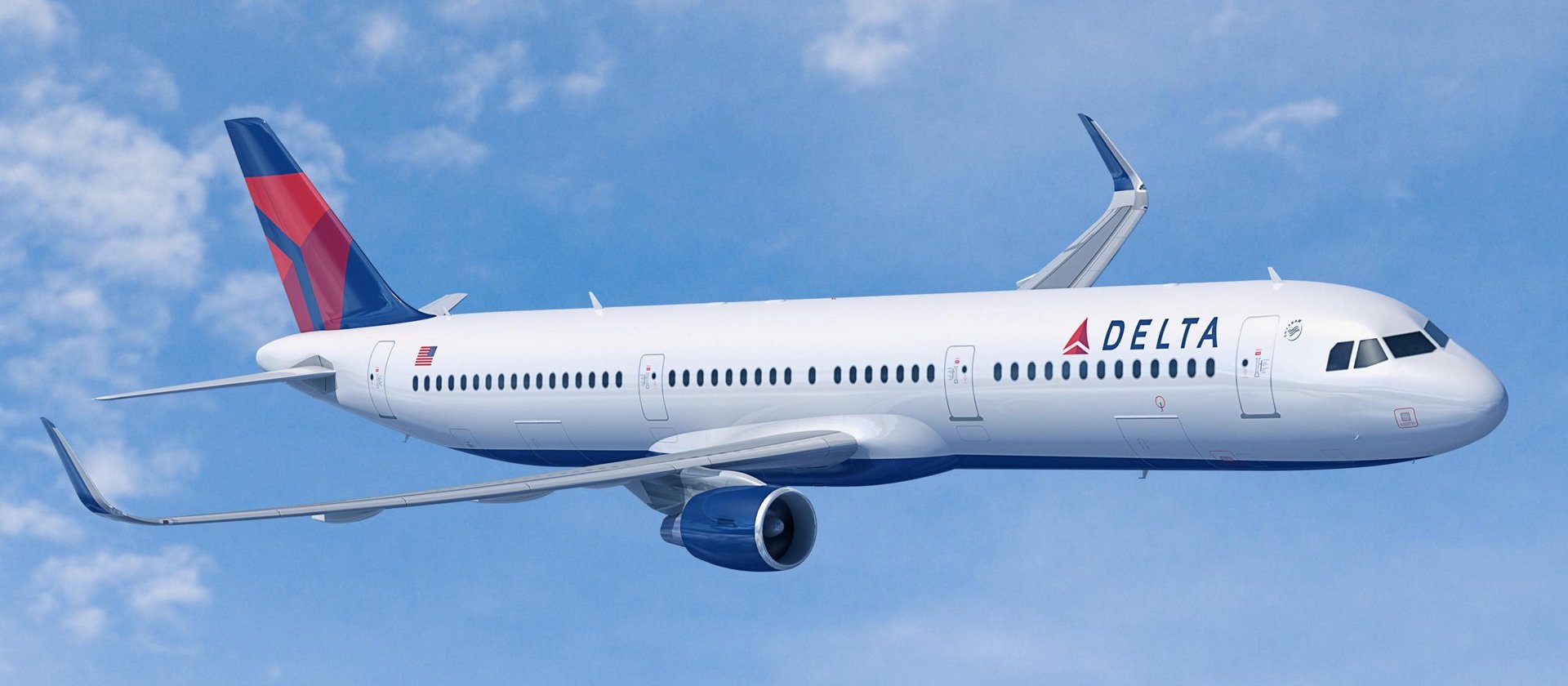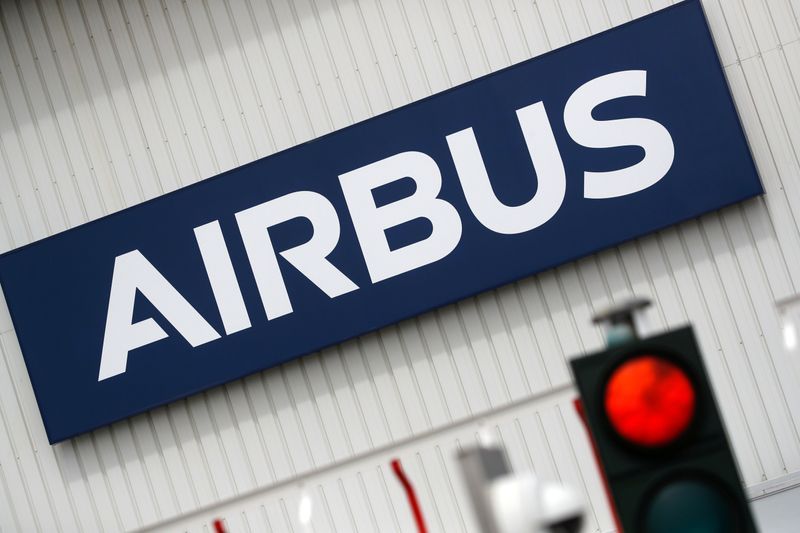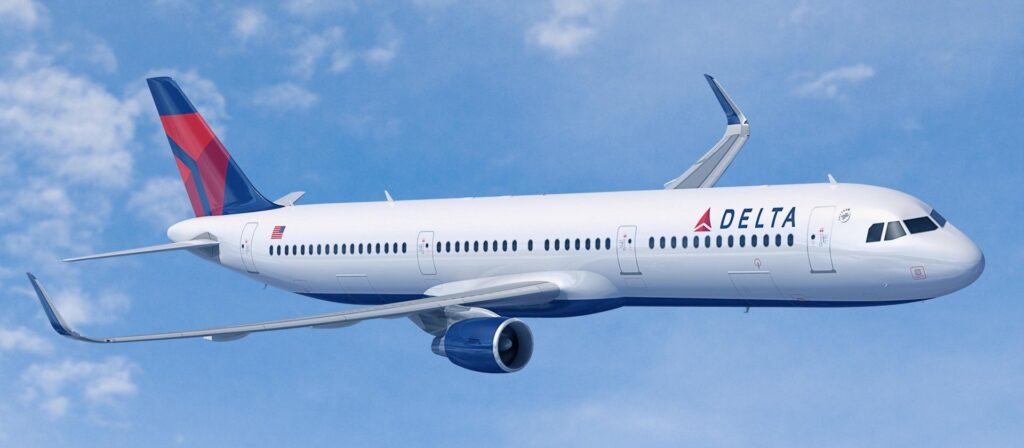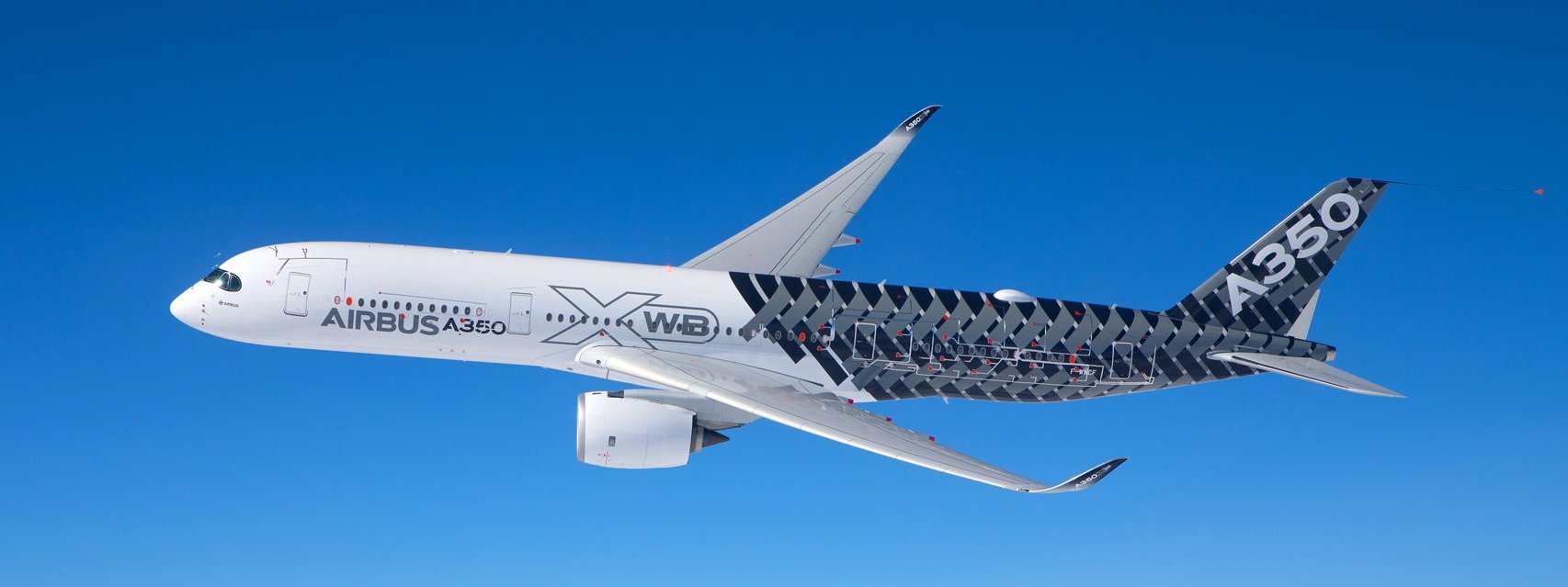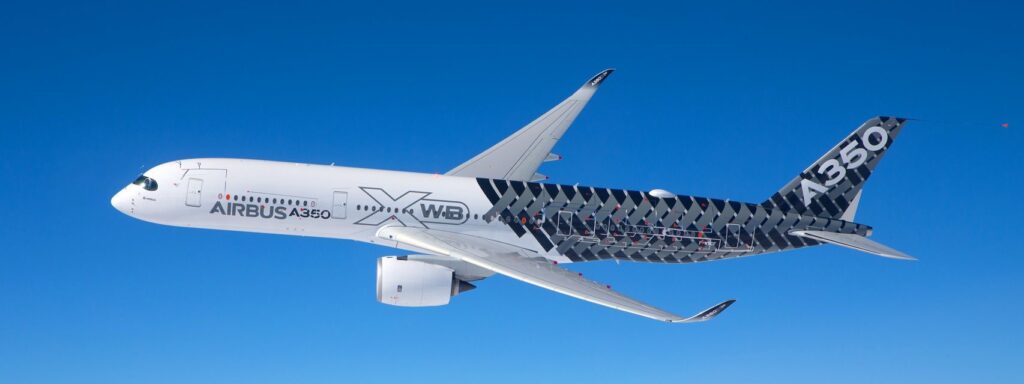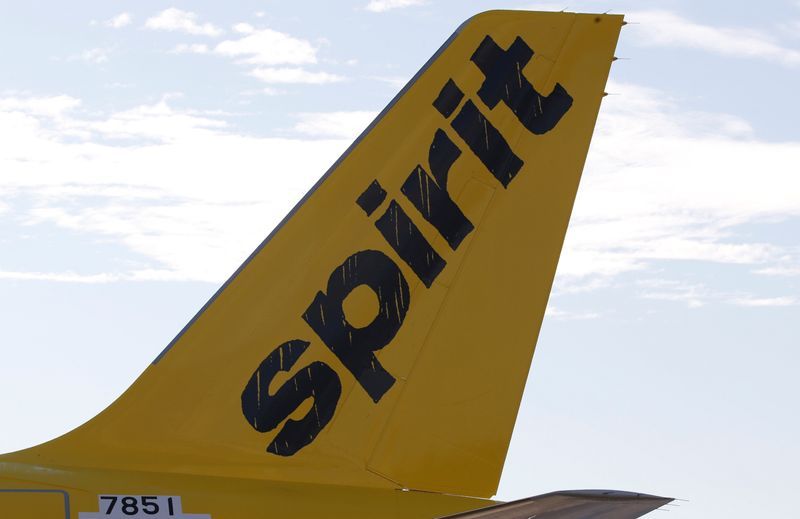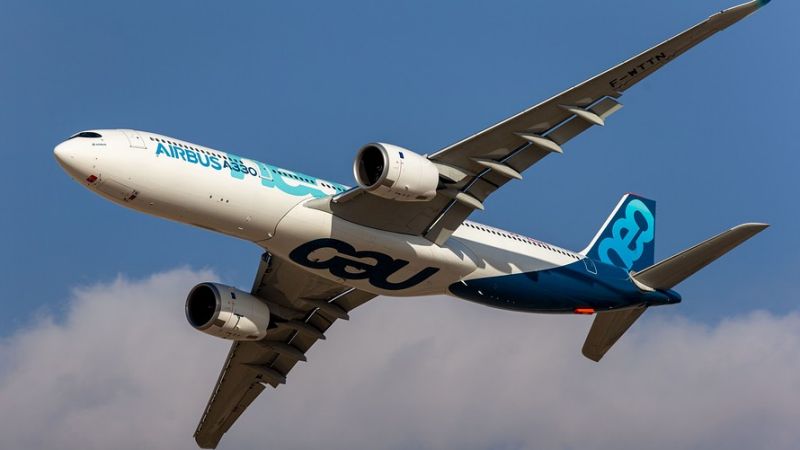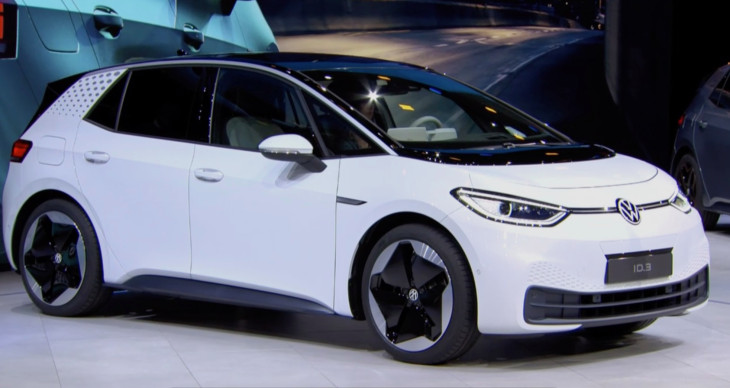São Paulo, Brazil, February 18, 2021 – Embraer (NYSE: ERJ) welcomes the Brazilian Government’s decisions to withdraw its ongoing World Trade Organization (WTO) dispute with Canada regarding aeronautical subsidies and to launch negotiations on more effective disciplines to regulate government support in the Commercial Aviation segment.
At the WTO, Brazil challenged more than USD 3 billion in illegal subsidies that the Governments of Canada and Quebec provided to Bombardier for the launch, development and production of the C-Series program. These subsidies distorted the conditions of competition in the global market for commercial aircraft, causing serious prejudice to Embraer, in clear violation of WTO rules.
Although Brazil has a strong case, the WTO dispute became ineffective to address the Canadian subsidies and to remedy the distortions generated in the market. After Bombardier exited the Commercial Aviation segment and transferred the C-Series program (now called A220) to Airbus, which has a second assembly line in the United States, the trade dispute against Canada at the WTO is no longer the most effective means to achieve Brazil’s and Embraer’s goal of reestablishing a level playing field in this sector.
Embraer also supports Brazil’s initiative to launch negotiations for more effective disciplines on government support in the commercial aviation segment, as the best way to achieve this goal, as previously seen with the successful experience of the OECD’s Aircraft Sector Understanding (ASU), signed in 2007 to regulate export credits. Ultimately, Embraer believes that commercial aircraft manufacturers should compete against each other based on the merits of their product, not on the amount of funding they receive from their governments.
